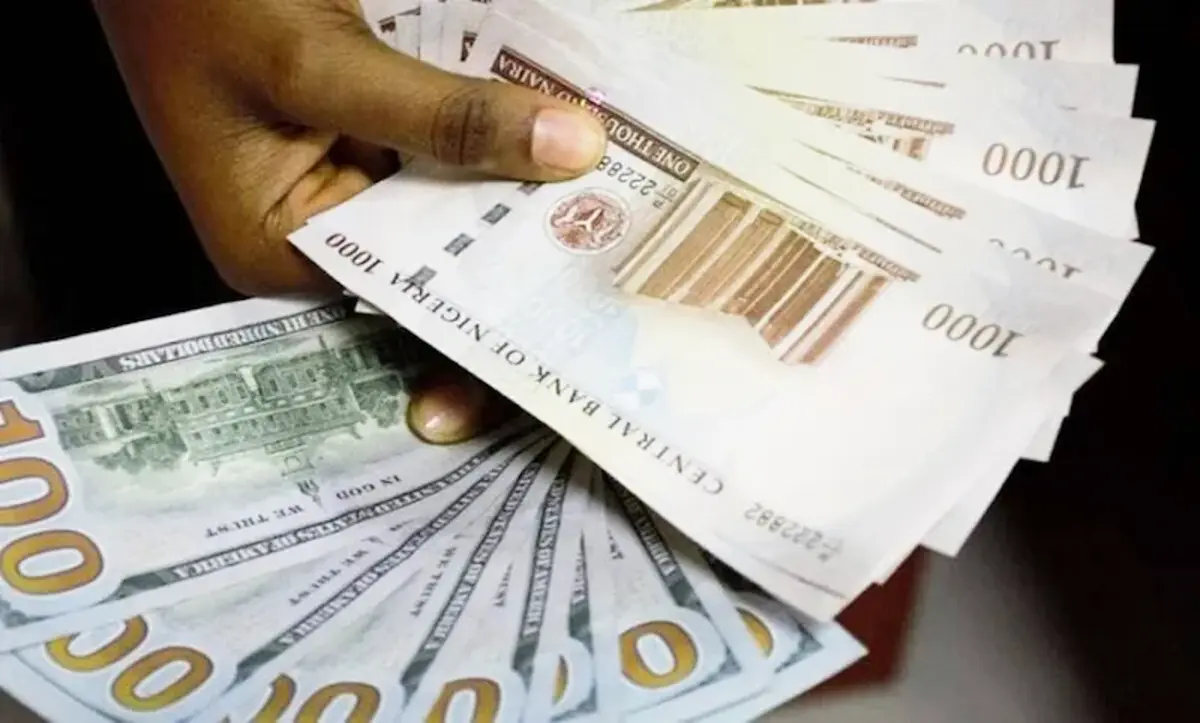The high cost of living has seemingly become one of the biggest nightmares for most Nigerians in recent times. This is largely due to the continued decline in the value of the country’s currency, which is consistently losing its strength in the global market and, as a consequence, limiting its purchasing power. As of February 21, 2024, the Nigerian naira (NGN) had experienced a mighty fall to over 1,600 naira to a dollar in the global market. This made the price of commodities even in the local markets triple, thereby making life a lot more difficult and unbearable for citizens and other residents in the country. This has been the narrative of Nigerians for several years now.
A little mathematics can help drive a point. If a dollar equals an average of one thousand, six hundred Naira (N1,600), it then means that a whopping hundred thousand Nigerian Naira (N100,000), which should ordinarily be a huge sum to a Nigerian or anyone living in the country, would only be equivalent to as low as sixty-four point zero-four US dollars ($64.04), which may not be a tangible amount for anyone living in the US or any other developed country in the world such as China, the UK, or any other nation where the US Dollar is the prevalent currency in use.
Sadly, the Nigerian naira has suffered this setback for several years, and Nigerians have, as a consequence, suffered tremendous losses. They have built businesses abroad, which eventually folded up in a short while due to the huge variation in the strength of their nation’s currencies, and the latter is where their businesses have been set up. Similarly, Nigerian students studying abroad now have to pay three or four times the total sum they used to pay to meet the demands of their academic pursuits. Imagine how hard it can be for those students who are not studying on a scholarship basis. Perhaps their parents only wanted to give them what they considered ‘the best’ that they could give to their ward. Or maybe because the students’ study interests do not have a proper structure in Nigeria to enable them to explore their preferred academic discipline to the apex level. But now, irrespective of their reason for relocating for study purposes, the fact remains daunting as long as their primary source of sponsorship still comes from Nigeria. These are only a few disadvantages of the naira’s continued decline in value for Nigerians living in the country and even those in the diaspora.
In the same vein, lamentations would prevail because the naira’s continued decline in value, amongst several other challenges currently bedeviling the nation, has consistently put the nation’s citizens at the bottom of financial or business endeavors, consequently raising doubts as to who the true holder of the “African Giant” title should be because even a Ghanaian cedi currently equals 0.080 US dollars and 123.07 Nigerian naira. Nigeria is doing a little worse. You can share your pain in the comments box.



